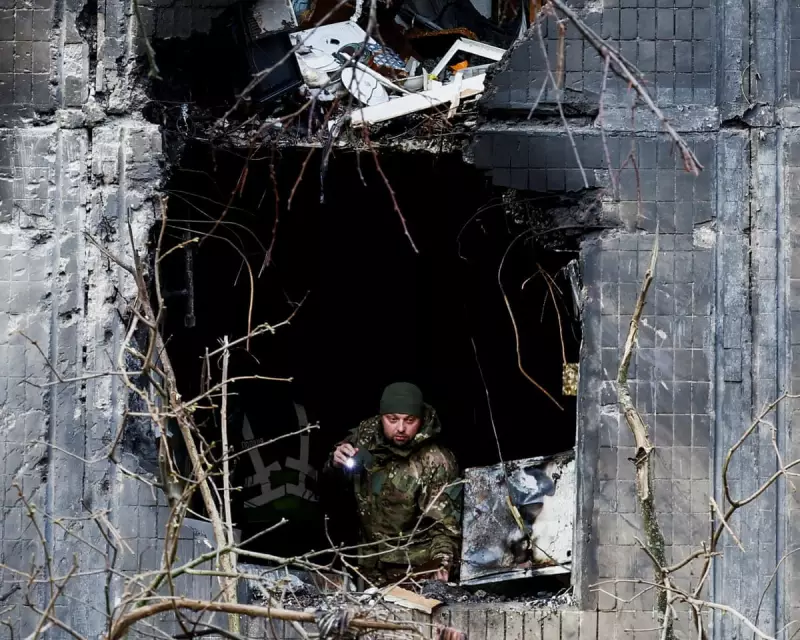
Ukraine has announced the start of mass production for its new domestically developed interceptor drones, a critical move to strengthen its air defences against relentless Russian attacks. This development follows a night of devastating drone and missile strikes on Kyiv that resulted in significant casualties.
Scaling Up Domestic Defence
The Ukrainian defence ministry confirmed on Friday that the first three manufacturers have commenced production of the new drones, with an additional eleven companies preparing to establish their own production lines. The technology is based on a locally developed system known as "Octopus", which has been specifically designed to intercept Russia's deadly Shahed drones.
According to the ministry, the Octopus technology has already been tested in combat conditions and has proven effective "at night, under jamming and at low altitudes". President Volodymyr Zelenskyy has set an ambitious target for the nation's defence industry: to manufacture up to 1,000 of these interceptors per day.
Deadly Assault on the Capital
The urgency of this new production initiative was underscored by a massive overnight assault on Ukraine. President Zelenskyy described Russia's latest attack as "deliberate, calculated and wicked" after a wave of night-time strikes across Kyiv killed at least six people and left dozens injured.
Air raid sirens sounded in the capital shortly after midnight on Friday, followed by the distinct sound of Shahed drones in the sky and the heavy response from Ukrainian air defences. Zelenskyy reported that the country was hit by a combined barrage of 430 drones and 18 missiles.
Tragically, the six individuals who lost their lives were at home in a residential block on Kyiv's left bank when the building was struck. The attack damaged dozens of other buildings, including the Azerbaijani embassy. Azerbaijan subsequently issued a strong protest to the Russian ambassador after the blast from a Russian Iskander missile destroyed part of the embassy's perimeter wall and caused serious damage to the diplomatic compound. Fortunately, no embassy staff were injured.
Escalating Threats and Ukrainian Countermeasures
The increased drone production comes as Russia significantly escalates its weapons manufacturing. A senior Ukrainian intelligence official, Major General Vadym Skibitskyi, revealed that Russia plans to manufacture up to 120,000 glide bombs this year, including 500 of a new, longer-range version capable of reaching more Ukrainian towns and cities.
Skibitskyi stated that Russian forces are now firing 200 to 250 glide bombs per day, a sharp increase from the previous month's daily average of about 170. These cheap yet devastating weapons use wings to glide dozens of kilometres to their targets.
In a demonstration of its own growing capabilities, Ukraine successfully struck the Russian Black Sea port of Novorossiysk, temporarily suspending oil exports equivalent to 2% of global supply. Ukraine's general staff confirmed its forces had fired Neptune cruise missiles and used various types of strike drones in the attack, describing it as part of efforts to "reduce the military and economic potential of the Russian aggressor".
Separately, Ukrainian forces struck an oil refinery in Russia's Saratov region and a fuel storage facility in nearby Engels overnight. Meanwhile, on the diplomatic front, President Zelenskyy is scheduled to visit Madrid on Tuesday to meet with Spanish lawmakers, following a visit to Paris, as Ukraine continues to seek international support.





